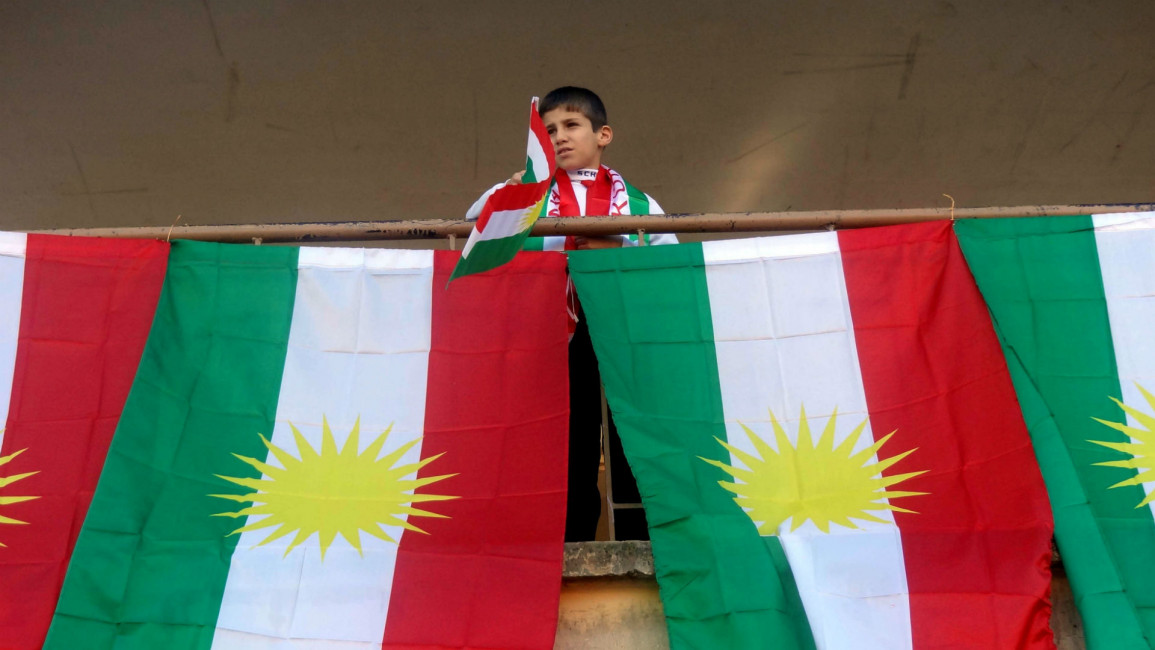Iraq's Kirkuk province to take part in Kurdish independence referendum
The disputed region of Kirkuk in northern Iraq voted on Tuesday to take part in next month's Kurdish independence referendum, councillors said.
Iraqi Kurdish leader Massoud Barzani and representatives of the region's political parties declared the historic referendum in June.
Since the announcement, both Western and regional powers have expressed opposition to the vote but Iraqi Kurdish officials have insisted the referendum will go ahead as planned.
The oil-rich Kirkuk province, made up of Kurds, Arabs and Turkmen, is under the control of the central Iraqi government in Baghdad, which strongly opposes Iraqi Kurdistan's vote for independence.
In Tuesday's vote, 22 of the 24 present councillors in the 41-member Kirkuk council voted in favour of holding the referendum, said councillor Hala Nur Eddine.
Kirkuk governor Najm Eddine Karim described the vote as a "historic event".
Iraqi Prime Minister Haider al-Abadi denounced the decision, which he called "not serious", while his spokesman Saad al-Hadithi said the vote was "illegal and unconstitutional".
"Provinces that don't belong to the autonomous region (of Kurdistan) can't impose decisions without the federal government's approval, and Kirkuk is one of these regions," Hadithi said.
Arshad al-Salhi, a lawmaker and the head of the Iraqi Turkmen Front, said the council's decision "will create new conflicts in Iraq".
The Turkish foreign ministry said that the Kirkuk's council decision was "another link in a chain of mistakes" and "once more a serious violation of the Iraqi constitution."
Turkey, Iran and Syria, which together with Iraq have sizeable Kurdish populations, all oppose an independent Kurdistan.
The US has also condemned the referendum, saying it would distract from the fight against the Islamic State group by stoking tensions between Kurds, Arabs and Turkmen.
The dispute over Kirkuk is seen as a reason for delays to the launch of an Iraqi-Kurdish military offensive aimed at recapturing the city of Hawija from IS.
The Kurds have been seeking an independent state since the end of the First World War when the current borders of the region were drawn up by the UK and France.
Kurdish territories are now split between modern-day Iraq, Syria, Turkey and Iran.



